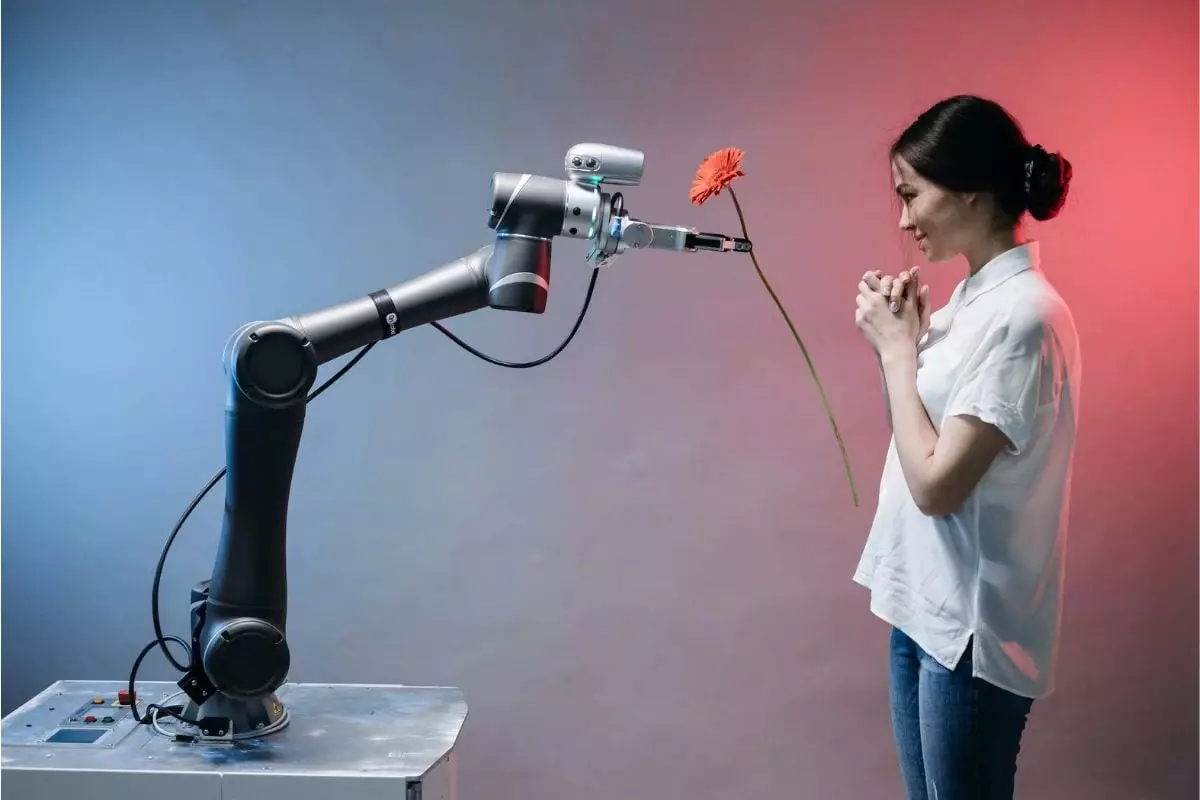Artificial intelligence (AI) is revolutionizing various aspects of our lives, and it seems that even matters of the heart are not exempt. A recent report by McAfee, a security software firm, suggests that AI will play a significant role on Valentine’s Day. This article critically analyzes the implications of this report and delves into the potential risks and benefits associated with using AI in love letters and relationships.
According to McAfee’s survey of 5,000 adults across nine countries, 26 percent of respondents plan to utilize generative AI tools to compose love letters for their partners or potential love interests. This finding indicates a growing reliance on technology to express romantic feelings. However, what is most intriguing is that 67 percent of adults in the study were unable to distinguish between an AI-generated love letter and one produced by a human. This blurring of lines challenges our traditional notions of human emotional expression and raises important questions about authenticity.
The report sheds light on the motivations behind the adoption of AI-powered ghostwriters. One significant reason cited by 27 percent of respondents is the desire to appear more confident in their expressions of love. By allowing AI to articulate their emotions, individuals hope to avoid potential embarrassments or inadequacies in their writing skills. Additionally, 21 percent mentioned a lack of time and inspiration as driving factors. These findings highlight the convenience and efficiency that AI can offer in love letter composition.
The Perils of AI Romance
While the idea of leveraging AI to enhance one’s romantic gestures may seem enticing, there are inherent risks involved. According to the McAfee study, 49 percent of adults admitted that they would be offended if they received a love letter written by an AI tool. This sentiment suggests a longing for genuine human connection and a skepticism towards the authenticity of AI-generated expressions of love. Moreover, when presented with a love letter, a staggering 67 percent of participants failed to identify whether it was penned by a human or an AI. This lack of discernment opens doors for cybercriminals to exploit individuals’ vulnerability in romance scams.
Romance Scams and AI Deception
The report warns about the potential misuse of AI tools’ ability to mimic human writing styles. Cybercriminals can exploit this resemblance by using AI-generated texts to deceive and manipulate individuals in romance scams. Shockingly, the study discovered that 51 percent of respondents had fallen victim to catfishing, where they interacted with strangers online pretending to be someone else. This highlights the need for heightened vigilance and caution, especially during periods when emotions and susceptibility are heightened, such as Valentine’s Day.
The Need for Responsible AI Usage
As AI continues to evolve and shape our interactions, it is crucial to recognize both its benefits and limitations. While AI may offer convenience and assistance in love letter writing, it cannot replace genuine human connection and emotional depth. As individuals, it is essential to approach AI tools with a critical mindset and not become overly reliant on them. Additionally, law enforcement agencies and technology companies must collaborate to mitigate the risks associated with AI-enabled romance scams. Education and awareness campaigns can empower individuals to identify and report suspicious online interactions.
The McAfee report illuminates the increasing role of AI in the realm of modern love and relationships. While AI may help individuals express their emotions more confidently and conveniently, it is important to acknowledge its limitations and potential risks. Maintaining a balance between technology and human connection is crucial to foster authentic relationships. As AI continues to evolve, it is up to us both as individuals and as a society to navigate its complexities responsibly and ethically.

Leave a Reply